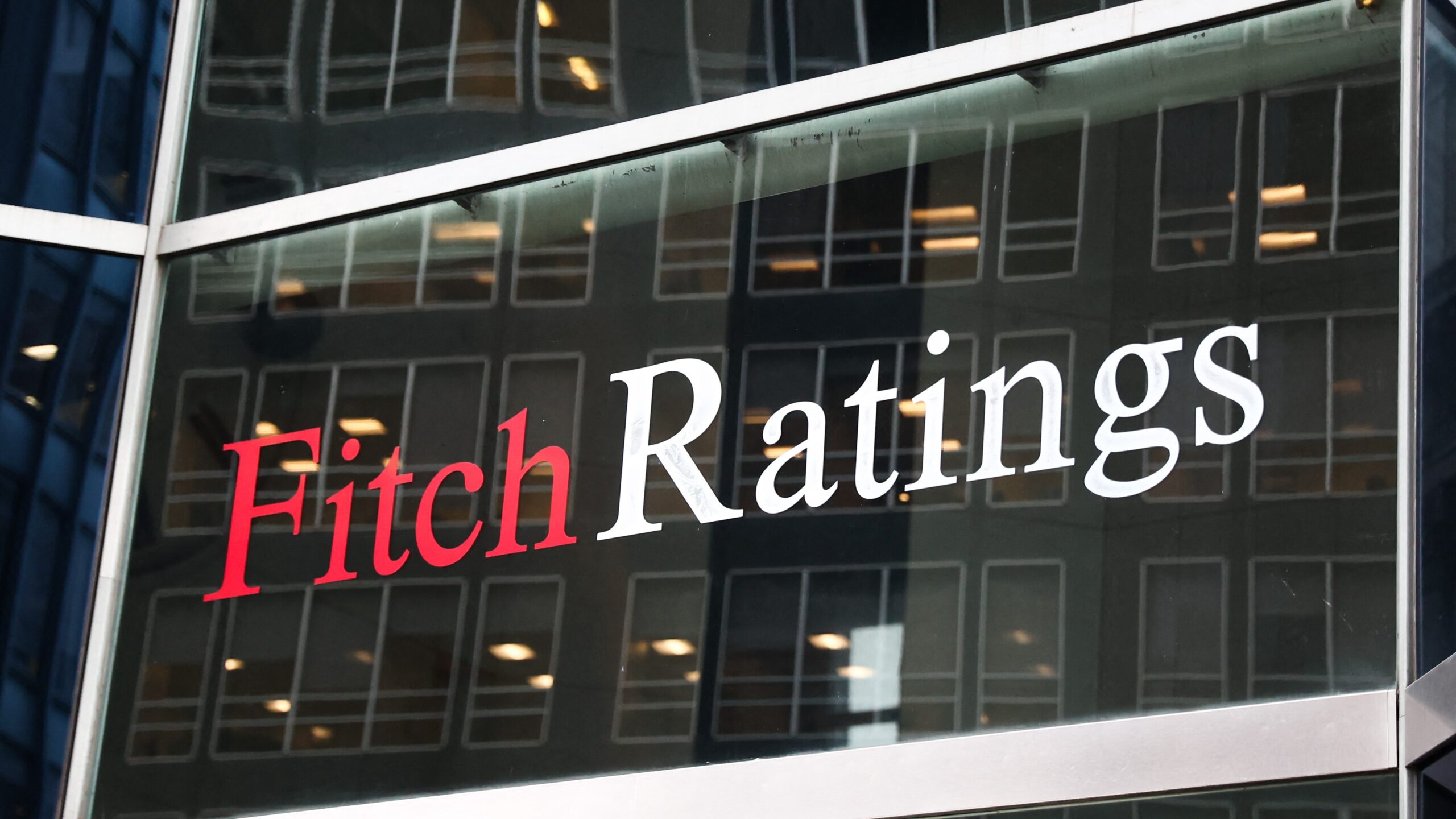Hungary’s economic stability was reaffirmed as Fitch Ratings maintained the country’s investment-grade status while upgrading its outlook from negative to stable. This decision comes on the heels of similar endorsements by Moody’s last week and Standard & Poor’s in October, showcasing consistent confidence from the three major credit rating agencies. According to the Ministry of National Economy, this reflects Hungary’s robust economic fundamentals.
In a somewhat unexpected turn of events, Fitch Ratings has revised the outlook on Hungary’s Long-Term Foreign-Currency Issuer Default Rating (IDR) to stable from negative and affirmed the IDR at ‘BBB’. As a result, the forint started racing ahead, strengthening against both the euro and the dollar.
The Ministry of National Economy commented on the decision by stressing that Hungary’s favourable international financial reputation is underpinned by the unflagging popularity of government bonds and continuous inflows of foreign direct investment (FDI). High-profile projects, including those by CATL, BYD, BMW, SEMCORP, and EcoPro, are integrating into the economy, bolstering national performance.
The government’s balanced fiscal policies have created a stable financial environment, prioritizing deficit and debt reduction. The upcoming 2025 ’peace budget’ aims to lay the foundation for sustained economic growth, targeting a return to a high-growth trajectory. Fitch’s rating underscores the effectiveness of these measures.
‘The 2025 “peace budget” aims to lay the foundation for sustained economic growth’
Hungary’s economy demonstrates resilience and stability, with employment reaching record highs, the ministry said in their press release. Compared to 2010, an additional one million people are now employed, totalling 4.7 million, while unemployment has dropped to historic lows. Consumer spending is growing, and domestic demand is rebounding. Retail sales increased by 2.8 per cent in the year’s first ten months, placing Hungary among the top performers in the EU mid-tier rankings.
Tourism is also thriving, with 15.5 million visitors recorded between January and October 2024, a 10.2 per cent increase from the previous year. Meanwhile, inflation was effectively curbed to 3.2 per cent in October, thanks to targeted government interventions. Real wages have grown for over a year, surging by 9.2 per cent in September alone.
The government has secured a three-year wage agreement between employers and employees, ensuring long-term increases in purchasing power. By 2027, the minimum wage is projected to rise by 40 per cent, reaching 374,600 forints, with incremental increases in 2025 and 2026.
To achieve over 3 per cent growth in 2025, the government has launched a 21-point New Economic Action Plan. This initiative mobilizes 4 forints trillion to enhance purchasing power, ensure affordable housing, and double the size of domestic SMEs through the Demján Sándor Programme. By fostering productivity and inclusivity, the plan aims to distribute economic gains broadly, benefiting families and businesses alike.
Hungary’s government remains committed to sustaining growth and economic neutrality, ensuring that both society and enterprises thrive in the years to come.
Related articles:








